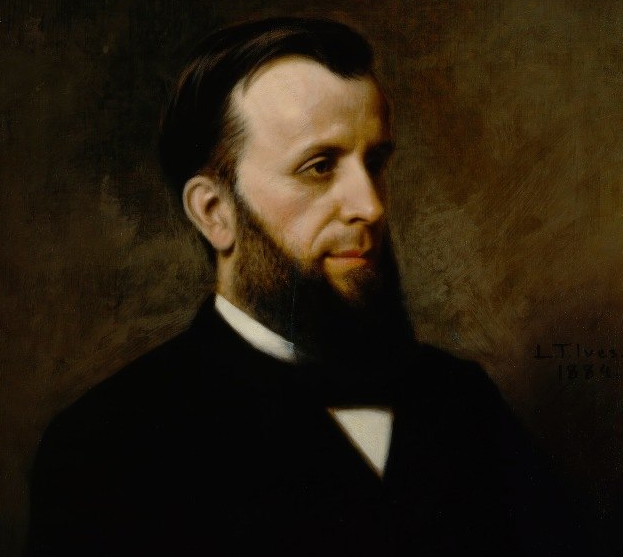In 1883, a prominent Detroit lawyer and art collector named William H. Brearley played a pivotal role in the founding of what would eventually become the Detroit Institute of Arts. Brearley had amassed a significant collection of art and artifacts from around the world and was passionate about sharing his love of art with the people of Detroit.
Brearley, along with a group of other local art enthusiasts, began organizing exhibitions of their collections in public spaces around the city. These exhibitions were a hit with the public, and they soon began to attract significant attention from both the art world and the wider community.
In 1885, Brearley and his fellow art enthusiasts officially founded the Detroit Museum of Art, with the goal of creating a permanent space to showcase their collections. The museum’s first home was the second floor of the Detroit Public Library, where it displayed a small but growing collection of art and artifacts.
Over the years, the museum’s collections continued to grow, thanks in large part to the efforts of Brearley and other local collectors. In 1901, the museum acquired a significant collection of ancient Egyptian artifacts, which helped to establish its reputation as a major center for art and culture in the Midwest.
Although Brearley died in 1900, his vision for a world-class art museum in Detroit lived on. The museum continued to expand and evolve over the years, eventually moving to its current location on Woodward Avenue and becoming the Detroit Institute of Arts in 1919.
Today, the DIA is one of the most significant art museums in the United States, with a collection that spans thousands of years of human history and includes some of the world’s most famous works of art. Although Brearley may not have lived to see his dream fully realized, his vision and passion for art continue to inspire the museum’s staff, visitors, and supporters to this day.


